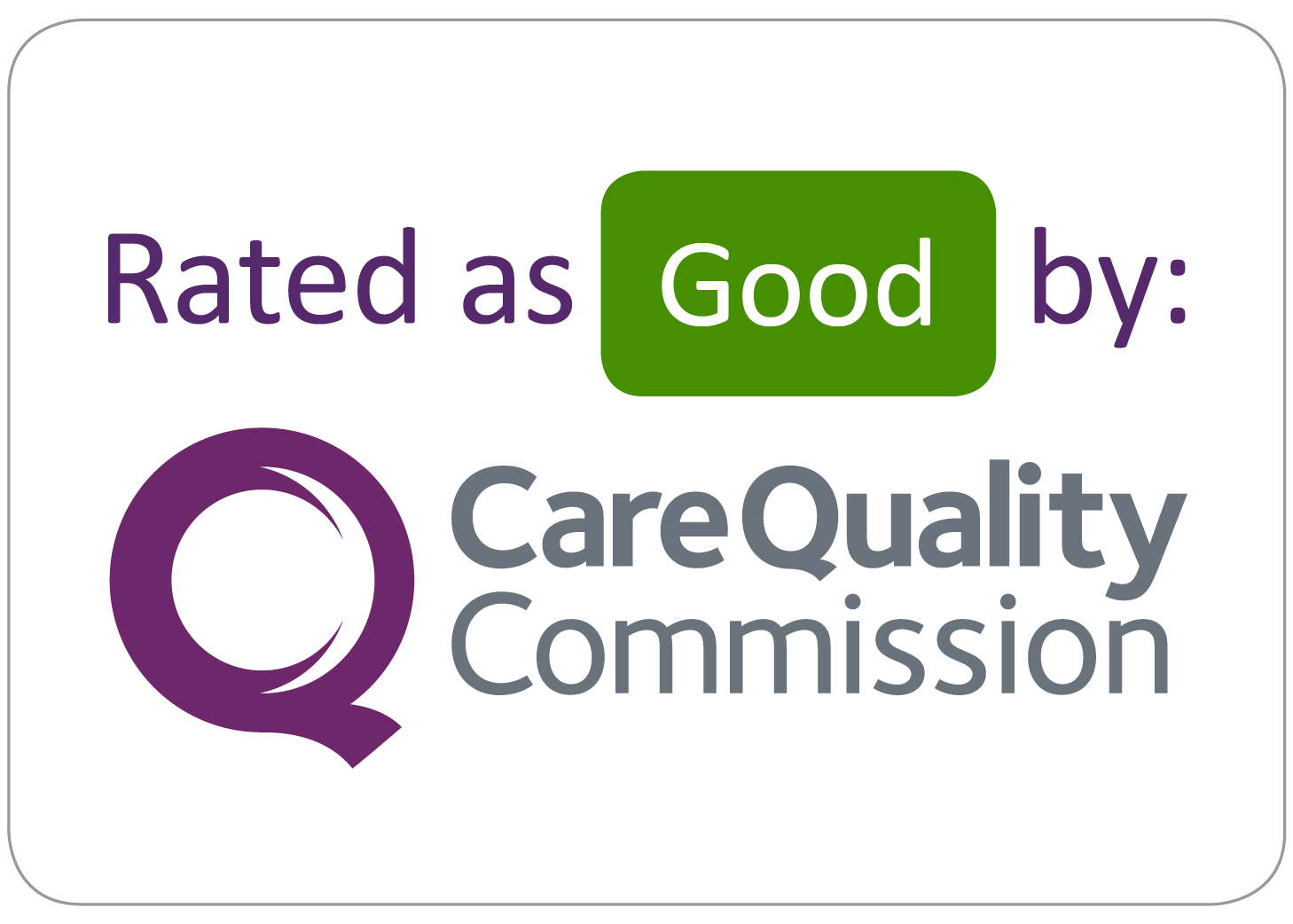Fibromyalgia
Fibromyalgia is a form of chronic pain.
Chronic pain (sometimes known as persistent pain) is pain that lasts for more than 3 months. Chronic pain can be split into primary and secondary pain. Secondary chronic pain is caused by an underlying condition, such as osteoarthritis, rheumatoid arthritis and endometriosis.
Primary chronic pain has no clear underlying condition or the pain is more severe than expected from the observable injury or disease. Chronic primary pain is only partially understood and is quite new and complex. All forms of pain can cause distress and functional limitations, but these features are particularly prominent in presentations of chronic primary pain.
Fibromyalgia is a long-term condition within chronic secondary pain. It can cause pain all over the body; symptoms can include increased sensitivity to pain, fatigue, muscle stiffness, problems sleeping, problems with memory, reduced concentration and headaches.
It is thought that the pain is due to the nervous system between the brain and spine not processing the pain signals for different areas of the body.
Please see the links below for more information on available support groups and charities relevant to this condition.
When to seek advice
If you have severe pain affecting your sleep and daily activities, if you have had a serious injury or you have symptoms that have not improved with self-management, you should contact your GP practice. If you have a red, hot swollen joint please ring 111

















